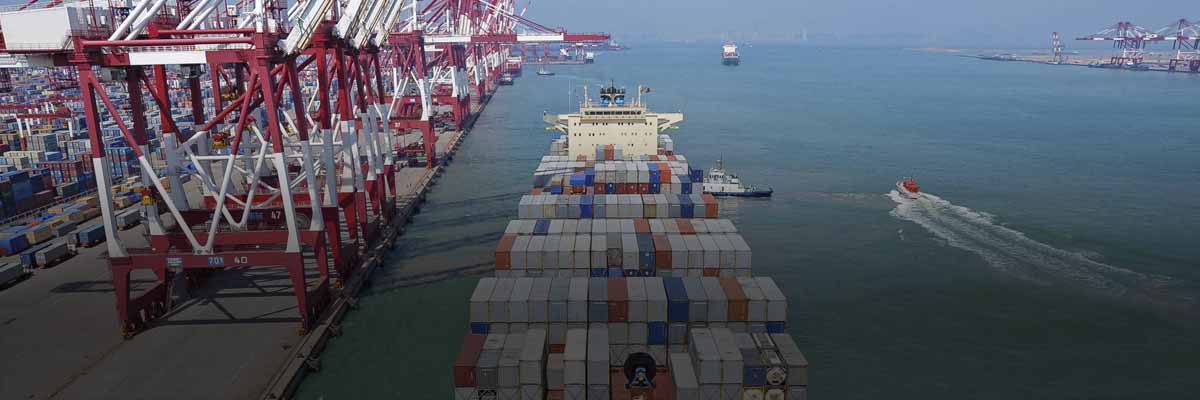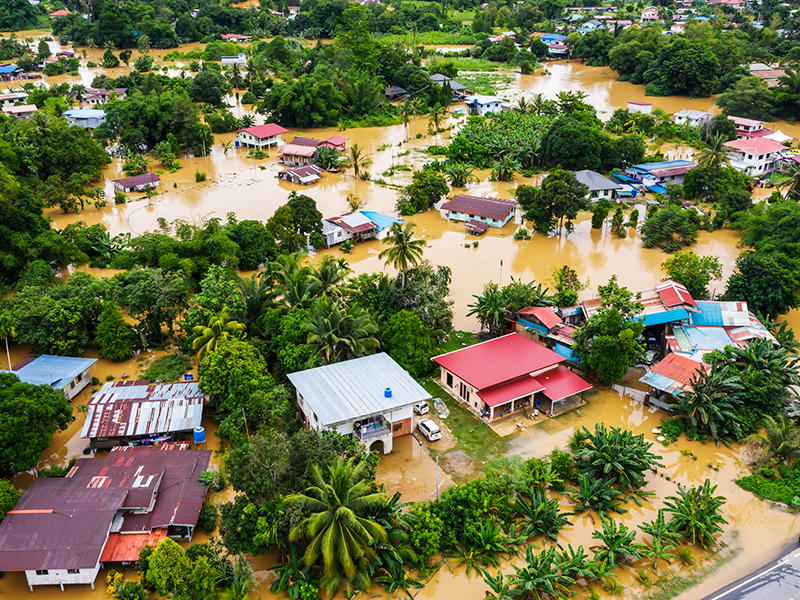The Challenge
The ocean shipping industry, which transports 90 percent of what we own, contributes approximately 3 percent to global greenhouse gas emissions, which contribute to climate change, sea and land acidification, and poor air quality. The industry also affects the oceans’ environmental health through chemical cargo residues, cleaning agents, and nonindigenous species from ballast water.
Ten years ago, few standards existed for quantifying the environmental impacts and performance of shipping, so a small group of BSR member companies asked BSR to help them capture the environmental footprint of their products’ journey.
Our Strategy
In 2004, BSR, the U.S. Environmental Protection Agency (EPA), global brands, and global container cargo carriers came together to establish the Clean Cargo Working Group (CCWG) to develop standardized tools that meet the needs of both shipping customers and cargo carriers to measure, report on, and evaluate environmental impacts.
First, CCWG identified the metrics and qualitative factors to track, and then we developed tools to report on carbon dioxide and other emissions; the use of environmental management systems; and best practices for transparency and for the management of waste, water, and chemicals. The transport providers and their brand customers meet twice yearly to refine tools and share best practices on improving environmental performance. For five years, we have published an “Emissions Factors” report, which has revealed that cargo transport providers have reduced carbon-dioxide emissions by up to 22 percent in that time.
To remain relevant and influence the development of groups across other modes of transport, CCWG also engages with other sustainability initiatives in the sector and aligns with global standards.
More recently, we have been working to integrate our tools with procurement systems to streamline use by brands, and we have been working with leading academics to analyze our data set—one of the largest of its kind on transportation environmental metrics—for operational decisions that can improve environmental performance.
Our Impact
Today, more than 85 percent of the container ship industry uses CCWG methodology to report environmental performance. In addition, the majority of global buyer members—including companies such as Electrolux, IKEA, Marks & Spencer, and Nike—have used CCWG metrics and tools to improve environmental performance in their supply chains.
Given the group’s industry recognition, CCWG engages regularly with the World Shipping Council as well as regulatory bodies such as the European Commission, as they seek to develop a globally recognized legal framework for maritime companies to measure, report, and reduce carbon-dioxide emissions. Already, the U.S. EPA and other transport sustainability initiatives have used our methodologies and results as the standard for environmental performance in ocean container transport.
On an ongoing basis, CCWG has provided a unique platform for peer companies to share best practices, for buyers to work with transportation providers on appropriate expectations for environmental performance, and for brands to influence latest developments across the entire transport supply chain.
We are now working to expand our reach as a global initiative by considering a merger with the Clean Shipping Initiative that, if successful, will launch a single industrywide platform for environmental performance measurement and reporting across more ocean goods such as oil, commodities, and finished vehicles.
Lessons learned
CCWG’s effective collaboration is a result of several factors:
- A consistent focus on mission
- Flexibility that meets members’ needs
- Time spent building trust among parties
- Appropriate incentive mechanisms for environmental data collection, reporting, and management
Let’s talk about how BSR can help you to transform your business and achieve your sustainability goals.








